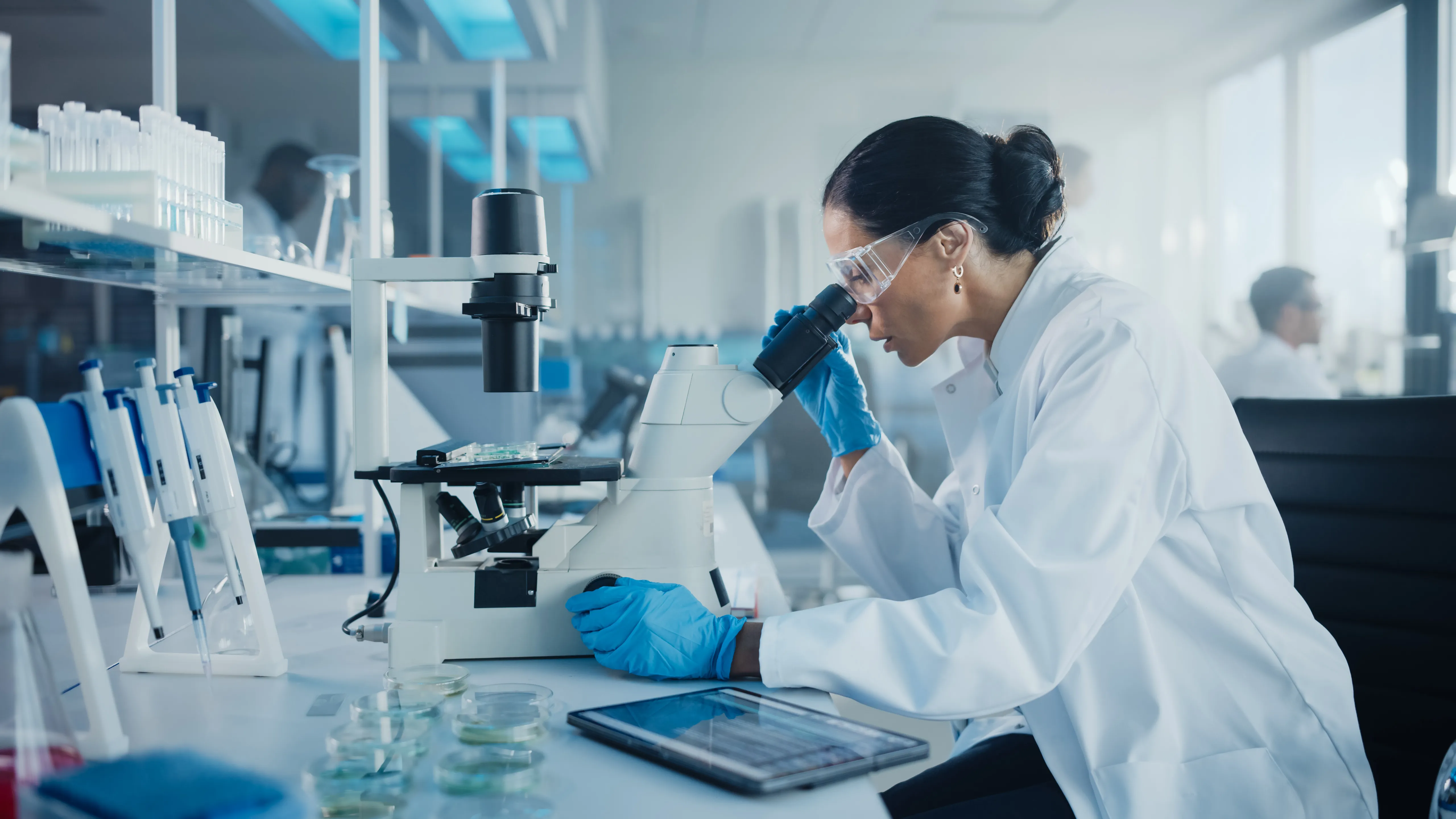

Discovery to Delivery
› Solutions ›Hormone Replacement Therapy
Hormone is a chemical substance that is produced in one part of the body (by an endocrine gland) and is carried in the blood to other distant organs or tissues where it acts to modify their structure or function. Some cells release hormones that induce a response in the neighboring cells (paracrine function), or sometimes the hormones can act on the cells they are released from (autocrine function).
Hormones work slowly, over time, and affect many different processes, including
Endocrine glands, which are special groups of cells, make hormones. The major endocrine glands are the pituitary, pineal, thymus, thyroid, adrenal glands, and pancreas. In addition, men produce hormones in their testes and women produce them in their ovaries.
Hormones are powerful. It takes only a tiny amount to cause big changes in cells or even your whole body. That is why too much or too little of a certain hormone can be serious. Laboratory tests can measure the hormone levels in your blood, urine, or saliva.
Hormone Replacement Therapy is any form of therapy wherein the patient, in the course of medical treatment, receives hormones, either to supplement a lack of naturally occurring hormones, or to substitute other hormones for naturally occurring hormones. Compounded hormones are prepared when these are prescribed in combinations, doses, or preparations not routinely available.
Hormones can be bio-identical or synthetic.
Bio-identical or natural hormones are hormones identical on a molecular level with endogenous hormones, derived from either soy or yam plant. The body recognizes, absorbs and utilizes these hormones because they are identical to that which it would naturally produce on its own. With bio-identical hormones, side effects are rarely observed and each dose is tailored specifically for the patient’s needs.
Synthetic or conventional hormones are hormones not created structurally the same as human endogenous hormones, which lead to uncomfortable side effects. These may be patented by pharmaceutical companies, therefore dosage varies only by milligrams dictated by the doctor. While synthetic hormones can mimic the effects of endogenous hormones on certain biological pathways, they rarely offer the same effectiveness at a deeper molecular level.
Given that hormones may it be natural or synthetic can exert a physiologic effect even in minute quantities, proper containment system must be utilized to protect the operator handling it, the product or process itself, and the environment of the facility against these compounds.
Sign up to our newsletter and receive the latest news and updates about our products!
